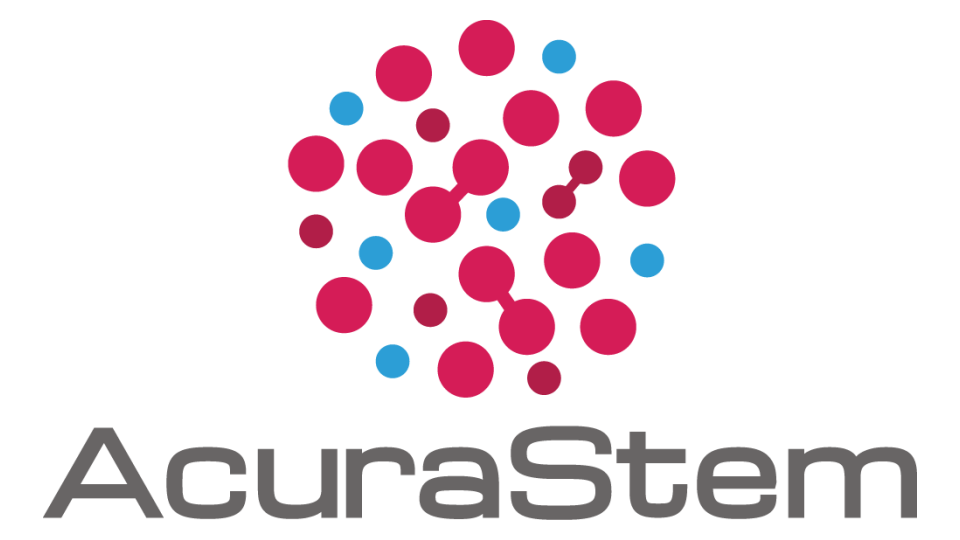Takeda joins PIKfyve ALS push with AcuraStem deal

Takeda has bolstered its neuroscience pipeline by licensing drug candidates from California biotech AcuraStem targeting PIKfyve, which is gathering attention as a drug target in amyotrophic lateral sclerosis (ALS).
PIKfyve – or 1-phosphatidylinositol 3-phosphate 5-kinase – is an enzyme thought to be involved in an underlying disease process in ALS linked to the function of lysosomes, organelles involved in processing waste materials in cells.
Its potential role in ALS was first proposed several years ago, and it is speculated that inhibiting the enzyme clears proteins from neurons that otherwise would aggregate and cause damage to the cells.
Takeda is paying up to $580 million for exclusive global rights to AcuraStem’s lead PIKfyve drug AS-202, an antisense oligonucleotide, as well as follow-up candidates for ALS and potentially other neurodegenerative disorders like frontotemporal dementia (FTD).

AcuraStem's co-founder, Justin Ichida, a stem cell scientist at the University of Southern California (USC), co-authored a paper on PIKfyve inhibition in the journal Cell earlier this year that suggested almost all forms of ALS seem to be related to the loss of a DNA-binding protein called TDP-43 from the nucleus, which can be reversed by inhibiting PIKfyve.
At the moment, it is thought that only one drug targeting PIKfyve has started clinical testing for ALS; namely, Verge Genomics’ orally-active small-molecule VRG50635, which recently completed a phase 1 trial and is due to start a phase 2 proof-of-concept study before the end of the year.
As a larger oligonucleotide molecule, AS-202 will require administration by injection, but according to AcuraStem could be dosed as infrequently as once a month.
For Takeda, the alliance marks its first entry into the ALS market, although, it is an established player in neuroscience R&D focusing on areas like epilepsy, sleep-wake disorders, and Parkinson’s disease.
“We aim to develop transformative treatments for some of society’s most debilitating neurological diseases, including ALS,” said Sarah Sheikh, head of the neuroscience therapeutic area unit at Takeda.
“Whilst recent treatment advances have brought new hope to some patients, there remains a significant unmet need,” she added.
“We believe AS-202 has the potential to address this unmet need through its unique dual mechanism of action, which addresses TDP-43 aggregation and improves TDP-43 function, the pathological hallmark of ALS and other TDP-43 proteinopathies.”
In preclinical studies, AS-202 significantly reduced neurodegeneration and improved motor function and survival in a mouse model of an aggressive form of ALS.













